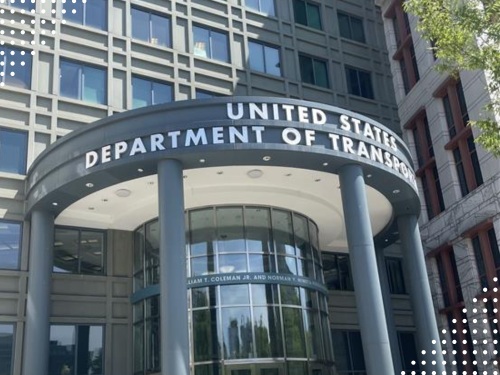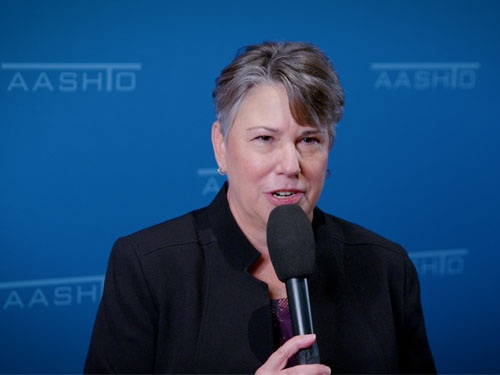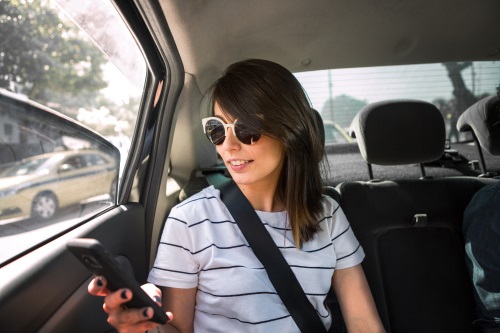A mobility study published by Cox Automotive Aug. 23 indicates that the desire to own vehicles is dropping steeply among younger consumers, while awareness and demand for ride-hailing services such as those provided by Uber and Lyft are rising quickly – particularly among those living in urban centers.
The study – conducted online by Vital Findings with 1,250 U.S. consumers in May for Cox – also delved into the growing adoption of the mobility-as-a-service or MaaS concept, which focuses combining and accessing on-demand transportation options, such as car-sharing, ride-hailing and public transit, via a single digital platform
Cox’s survey found that “access to mobility” is viewed as “necessary” by consumers, but not owning a vehicle, according to 39 percent of respondents, which represents a 4-percentage point increase over a similar poll conducted by the firm in 2015. For urban consumers, 57 percent indicate access to mobility is more important than vehicle ownership, which is a 13-point increase since 2015, Cox noted in its report.

And that view is growing among younger generations, the company said. While 34 percent of 37 to 53-year-olds, and 28 percent of 54 to 72-year-olds don’t feel owing a vehicle is important, according to Cox’s survey, 55 percent of 12 to 22-year-old respondents and 45 percent of 23 to 36-year-old respondents feel that way. That may be in part because the cost of owning or leasing a vehicle is perceived as “becoming too high” by 48 percent of respondents, noted Joe George, president of Cox’s Mobility Solutions Group.
It may also be why usage and awareness of ride-hailing services such as Uber and Lyft has now attained “mass market appeal,” the company said, as 88 percent of respondents in its poll said they were “aware” of this mobility option regardless of where they live, with 55 percent of 37 to 53-year-olds using this service.
By contrast, car-sharing services such Zipcar and Maven have experienced slower and more “pocketed” growth with awareness at 54 percent of those polled by Cox. The firm noted that lack of widespread adoption is due in part to car-sharing being significantly “less accessible” than other alternative transportation methods, with only 44 percent of consumers finding it accessible versus the 85 percent of consumers that find ride-hailing accessible.
“Private ownership still dominates the automotive landscape, but options like ride-hailing and subscription programs are increasingly popular with young urban dwellers,” noted Michelle Krebs, executive analyst for Autotrader – which is owned by Cox – in a statement.
“The trend line for these programs could drastically alter this industry over the next five to 10 years,” she added.
 Top Stories
Top Stories
USDOT Makes $1.5B Worth of BUILD Grants Available
December 19, 2025 Top Stories
Top Stories

